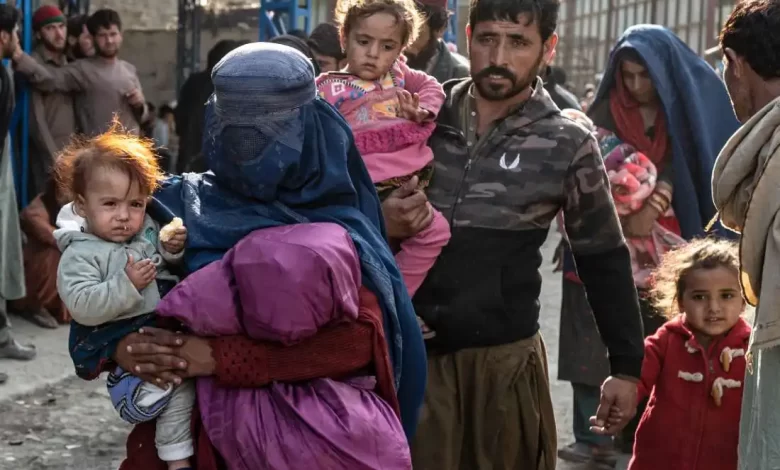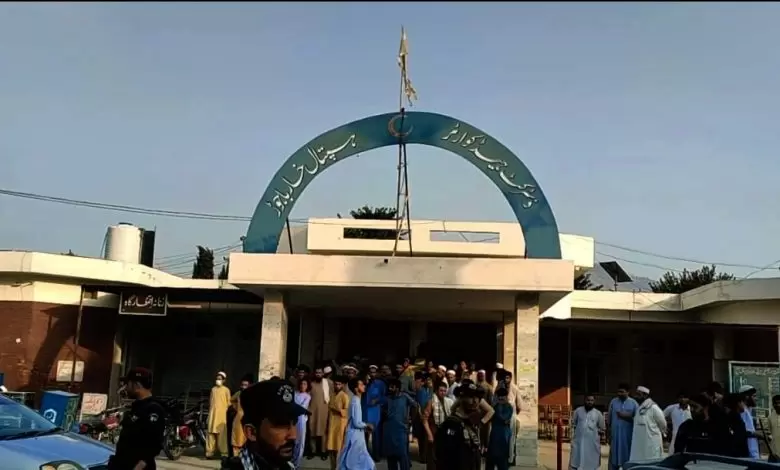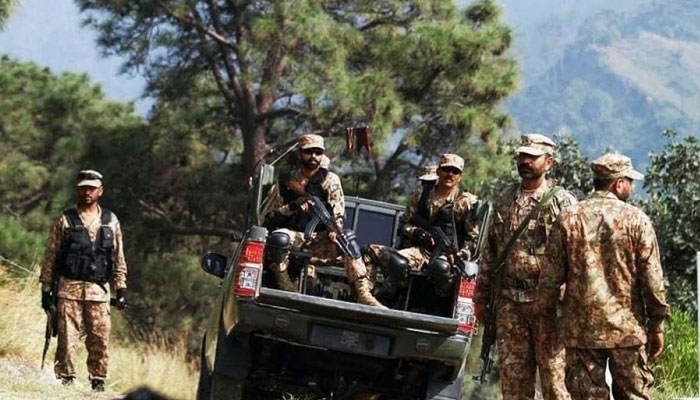
Amid the ongoing exodus of Afghan refugees from Pakistan, pregnant women find themselves caught between the grim options of giving birth or facing death at the Pak-Afghan border.
Lady Bas Pari, standing outside the maternity ward of Reading Hospital, shares her anguish, expressing deep concern for her daughter-in-law's precarious condition.
Hailing from Afghanistan's Kandahar province, their arduous journey took 10 days, navigating through the visa process after the Pakistani government decided to expel Afghans nearly three months ago.
Also Read: Khyber Pakhtunkhwa Grapples with Soaring Cases of Violence Against Women
It's crucial to note that Pakistan has mandated the return of Afghan refugees once peace and order are restored in Afghanistan. The deadline for illegal foreigners to leave Pakistan expired on November 1, prompting a daily influx of hundreds of Afghans crossing the border.
As per data from the United Nations High Commissioner for Refugees (UNHCR) in June 2023, there were approximately 1.33 million registered Afghans in Pakistan, with an additional 800,000 unregistered. Khyber Pakhtunkhwa hosts more than 956,000 Afghan refugees, including 648,964 with Afghan registration cards.
Conditions in Afghanistan are dire, from business to education and health
Bas Pari sheds light on the dire conditions in Afghanistan, spanning business, education, and health, attributing them to over 40 years of continuous wars. Despite the prospect of peace, the recovery will be a prolonged process.
Fearing for the lives of loved ones due to inadequate medical facilities, she questions the fate of pregnant women with complex cases after their expulsion from Pakistan. She struggled to bring her daughter-in-law to Lady Reading Hospital in Peshawar, highlighting the lack of facilities in Afghanistan.
"Doctor in Kabul said to go to Peshawar"
Gul Ranga, arriving from Kabul, shares her story after being admitted to the maternity ward. While her delivery was on schedule, anemia led to her hospitalization. The Kabul doctor advised her family to bring her to Peshawar to avert risks to both mother and child.
Facing worries about poverty and three children left behind, she grapples with the limitations imposed by her condition. Her husband's work in the fields compounds their economic challenges.
Afghan women will give birth or embrace death on Pak-Afghan border
Expressing concern for pregnant Afghan women, Bas Pari emphasizes the difficulty of their movement at the Pak-Afghan border. With inadequate hospital facilities in Afghanistan and eviction from Pakistan, pregnant women face the harsh choice of giving birth on the border or confronting death. Having grown up in Pakistan, Bas Pari underscores the stark contrast in facilities between the two nations.
Mohammad Asim, the spokesperson for Lady Reading Hospital Peshawar, reassures that the hospital extends all facilities to Afghans that it provides to its province's residents. Afghans with a visa, Afghan card, or passport are eligible for treatment at the hospital.
2.jpeg)
1.jpeg)
09 Jul, 2025





1.jpeg)
09 Jul, 2025